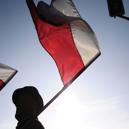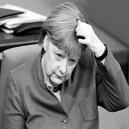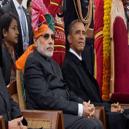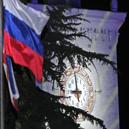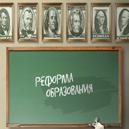В статье рассматривается формирование общественного мнения в странах ЦВЕ по вопросу трансформации общественно-экономического строя – в начале пути и по прошествии четверти века, в увязке с последующим вступлением этих стран в Евросоюз. Показано, как изменилось отношение населения в данных странах к членству в ЕС, особенно под влиянием мирового финансово-экономического кризиса 2008 – 2009 гг., массового исхода молодежи на Запад, нынешнего миграционного кризиса, а также навязанных странам ЦВЕ санкций в отношении России.
Central Eastern Europe countries today: public opinion about the transformation and the EU integration
The article describes the formation of public opinion in CEE countries about the transformation of social and economic system – at the beginning of their way, and after a quarter century – concerning their EU-membership as well. It describes how the public opinion in these countries to their EU-membership has changed, especially between the consequences of the global crisis of 2008 – 2009, the mass exodus of youth into Western countries, the current migration crisis, the imposed to CEE countries sanction regime on Russia.
 Ранний опыт государственного строительства большевиков и Конституция РСФСР 1918 года
Ранний опыт государственного строительства большевиков и Конституция РСФСР 1918 года
 7
7
 25458
|
Официальные извинения
25458
|
Официальные извинения
 972
972
 106231
|
Становление корпоративизма в современной России. Угрозы и возможности
106231
|
Становление корпоративизма в современной России. Угрозы и возможности
 239
239
 85138
85138

